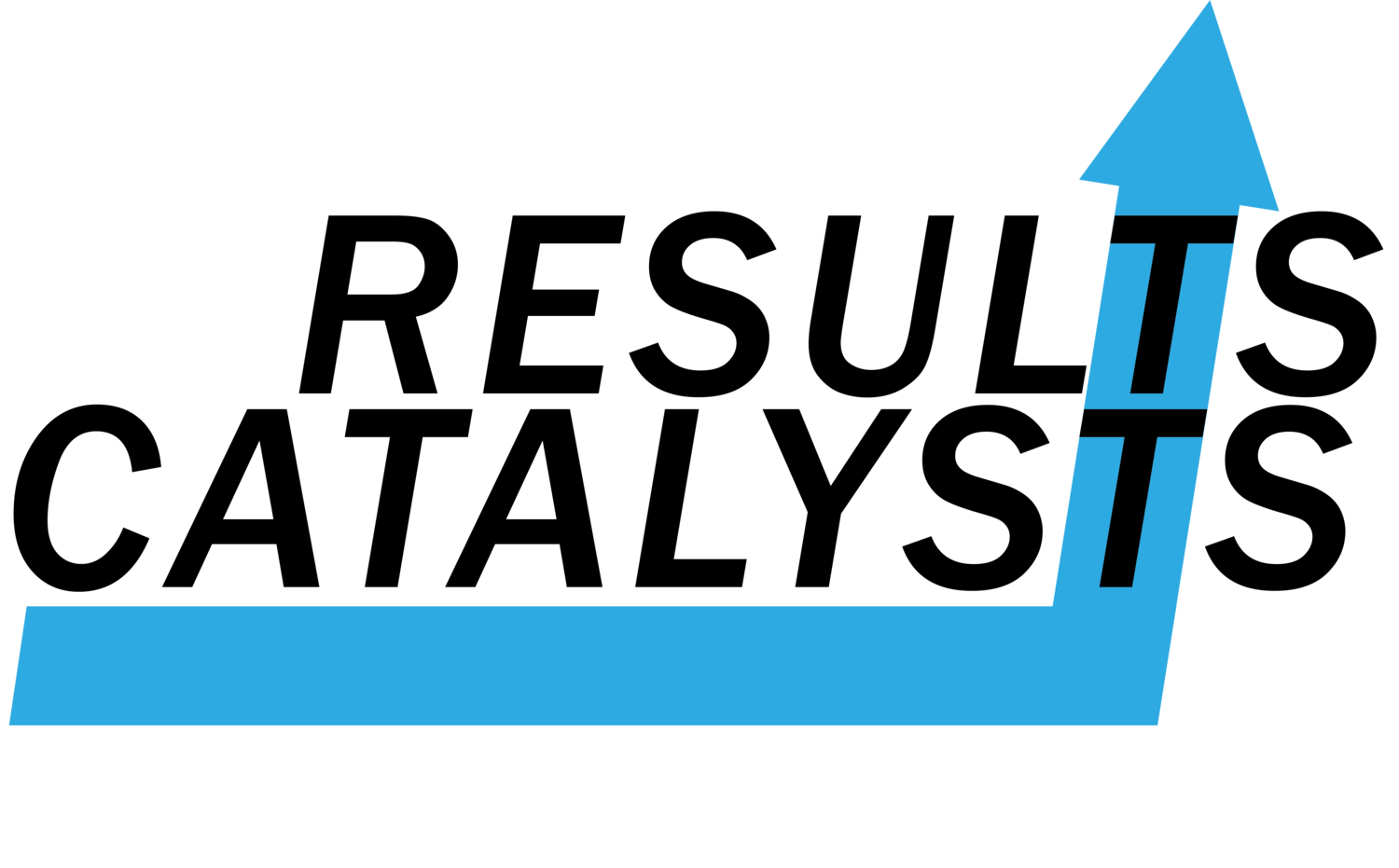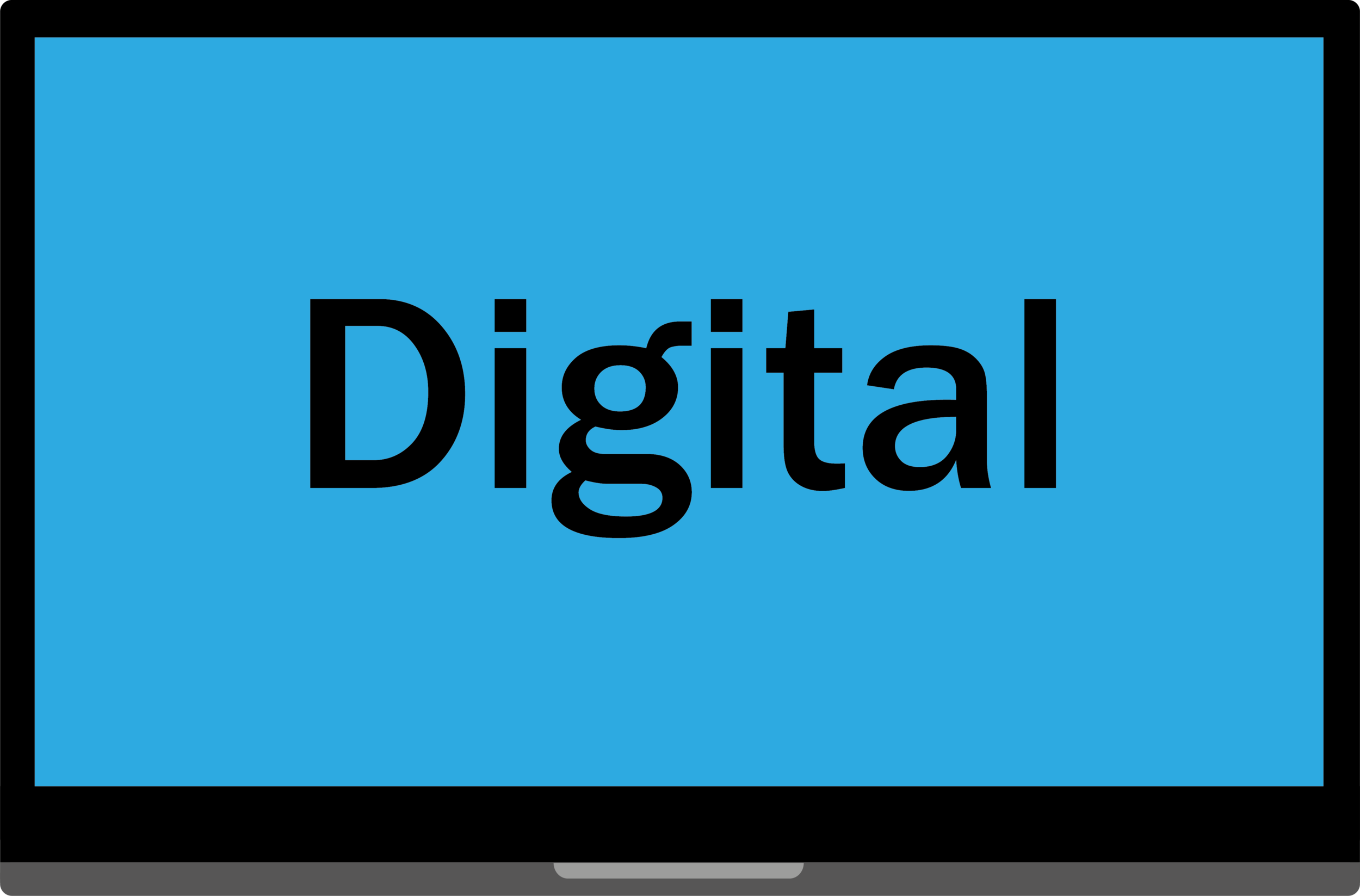Management & Leadership
Management Skills
Our management skills programmes are delivered in small modules, bite sized or as a combined package. We aim to help people become great managers using their prioritisation, delegation, motivation, supervision and feedback skills. Whether they are managing people, projects or stakeholders we want your people to feel they have the skills to be a great manager and the mindset and motivation that they want to be too.
Leadership
We all remember the great leaders of teams, projects, networks, companies, groups we have been part of. Our leadership programmes and coaching help everyone find their authentic leader, their capabilities, beliefs and values and sense of self that helps them connect with others and take them forward on the journey they are leading.
Change Workshops
The world around us continually changes and this is often amplified in our workplace. Changes in technology, markets, customers, suppliers, colleagues, the list of potential change is endless. Our workshops help teams and individuals understand what we experience during change, how we all define it, how we can support each other and most importantly how we can help ourselves and each other to embrace it. These workshops can be run either to support an ongoing change in a business or as part of developing the capability of managers and leaders.
Team Building
Whether it’s helping to build a new team, refocus or grow an existing team, everyone benefits from a chance to set mutual goals, build relationships, welcome new team members and determine the ways of working together. Our team building interventions can be focused on a particular aim or time period for the team or surfacing the challenges being experienced within a team, thereby seeking collaborative solutions all team members buy in to.
Coaching & Mentoring
Today’s manager and leader is also a coach and sometimes a mentor to their team members. Understanding where those relationships are different and therefore what they offer to someone being coached or mentored is a key factor in identifying what managers and leaders need to provide. A manager who builds their own skill set as a coach who can help their team members find their own solutions and implement their own ideas also creates a team environment that fosters empowerment, innovation and growth for everyone.
Communication
Presentation Skills
Putting your expertise or story across to a group of people can be a challenge for many of us. Whether that is in a traditional format with audience, projector and powerpoint deck or maybe in a project meeting putting over an update with critical decision points, presentation skills apply in many different contexts. Learning tips on structure, delivery, interaction and taking questions creates greater impact and effectiveness from the communication we are delivering.
Facilitation Skills
What’s in your facilitation kit bag? We can use this set of skills in meetings, staff training, customer or client workshops and team discussions to mention a few, so investing some time to expand the options available to you will pay great dividends. Our workshop uses expert input as well as recorded practice for feedback, giving participants an opportunity to focus the session around the context in which they use facilitation skills.
Personal Impact
Do you know what impressions and impact you leave behind on others as a result of patterns in your behaviour? That’s your personal impact and the truth is many of us don’t know for sure, we have our opinion or our intention but we haven’t checked it out. Looking at our behaviours and the values that drive them as well as considering the gap between our intention and others perception we can identify the patterns of behaviour that tell people who we are and which we would like to flex or change for a different impact.
Influencing
In our workplace we are often influencing others around us, sometimes it is intentional, at other times we have done it without thinking. Understanding our sources of influence helps us to manage how we can apply them in different contexts, grow them for the future or mitigate weaknesses in our influencing position. How we then choose to behave in an influencing opportunity, for example when negotiating, needs an understanding of our own interpretation of that opportunity and the behaviour choices we therefore make.
Handling Difficult Conversations
You may have to give feedback to a colleague that you think they will find hard to hear, you may need to give bad news to a customer or client about your deliverables or you may need to provide an expert opinion that will be received defensively. All of these are difficult conversations, we can’t make them easy but we can engage with them better to improve the results. Difficult conversations are hard but the payback from managing them well can be enormous; greater levels of trust, a career changing moment for a colleague or disaster averted for a client.
Commercial
Negotiation Skills
Throughout our day we are negotiating, whether it’s over the large things or the small things. Do you negotiate as if in competition with everyone or do you negotiate collaboratively for win win outcomes? Both approaches are valid when used at the right time and context. Many of us tend to have a preference and so will run the risk of using the wrong approach at the wrong time. We end up with a negotiated result that doesn’t feel right at the end or worse has implications for our business and relationships in the future.
Finance For Non Financial Management
Demystifying some of the terms used in the finance world, helping people to engage in the conversation and discussion without feeling they may embarrass themselves. These are reasons we have seen regularly for finance based workshops. Often the simplest answers are to ask questions, for example, “What does that acronym stand for?”, “What does that mean?” and most importantly “How did you calculate that?”. Our workshop provides a discussion for all things financial and a range of tips for looking at financial data.
Business Cases
Any decision or commitment of resource should be backed by a business case that simply explains why. That’s the easy bit! Business cases need to be evolving documents that reflect the changing business world and therefore the impact of those changes on the decision or action. A great business case should support further action and investment or should make it clear when a project or action should be stopped. A business case should be capable of saying ‘We are going down the wrong path, let’s stop’. Our workshop looks at how you build a business case, communicate it and monitor and update it for progress.



